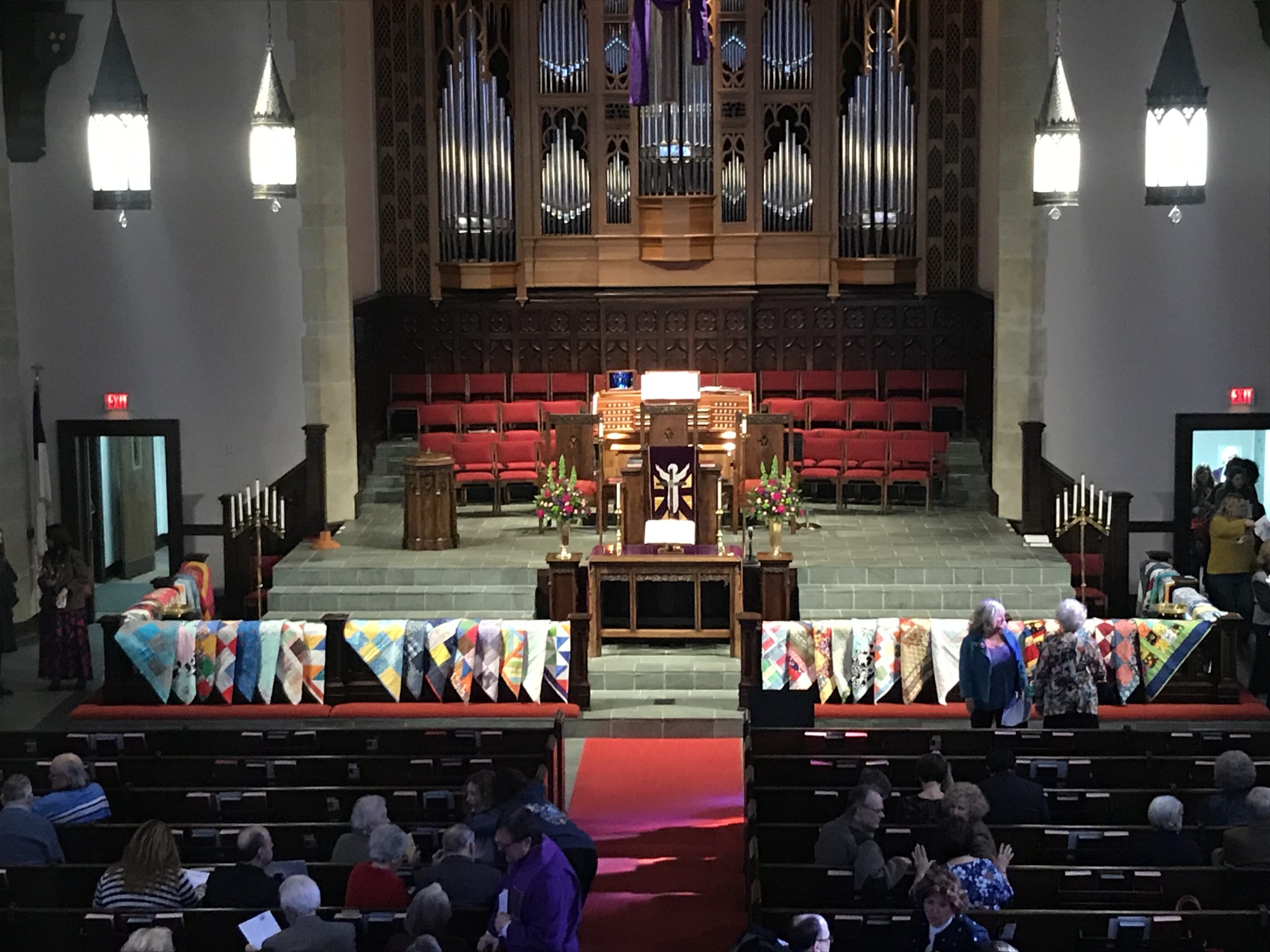
About the author : paulwesslundwriter
Paul Wesslund spent a career writing and editing for newspapers and in the energy industry. When he retired in 2015 he went on to write two books on how kindness and integrity leads to success, wrote a monthly energy column, became an environmental organizer, and got involved in the leadership of his church.
Subscribe To My Blog
Share This Story, Choose Your Platform!
If any of us doubted that the world is changing whether we like it or not, the health and financial upheavals of COVID-19 surely eliminates the last of the skeptics.
I’m no fan of change myself. During my career I’d often declare to co-workers a half-kidding catch phrase, “Change is bad. All change is bad.”
But whether it was the small irritation of my favorite restaurant closing or my magazine editor job being threatened by the digital-age changes to the publishing industry, experience taught me the surest way to survive through any change is to acknowledge it and talk about it. Honestly. Openly. Whether the change takes place in the worlds of our friends, our family, our workplace, or in the forum of public debate.
Get out of my pew
My latest encounter with change has come in church of all places.
No it’s not that I found someone sitting in my usual spot in a pew. It’s not even having to watch the Sunday service online because of social distancing—I kinda like being able to type a comment to the minister during the sermon.
The church change I’ve encountered is more consequential than either of those. While society in general has become more accepting of the LGBTQ communities, change regarding sexual identity has not always gone smoothly for many churches.

In the case of my church, the United Methodist Church, the conflicts might mean it’s not united any more. I’m trying to talk about that with the people in my own congregation, but it’s a tough sell.
For decades the United Methodist Church, like a lot of churches, has been wrestling with whether it will conduct gay weddings and ordain openly gay ministers. Right now the Methodist Church can’t and won’t, as described in a few phrases in The Book of Discipline which contains the law and doctrine of the church. The international Methodist church has voted on this before, keeping things basically the way things are. The next vote at the United Methodist General Conference has a different feel. Several proposals have been put up for consideration before that Methodist governing body, some of which would resolve the issue by splitting the church—a resolution that’s settled the issue for other denominations.
Facing up to a decision
I’m in a church where members of the congregation hold a range of views on church teachings about LGBTQ people and lots of other issues as well. With all that variety, we still get along–it’s one of the things I like best about my church. But there also seems to be a widespread attitude among the congregation that when it comes to issues of sexual identity, they don’t want to talk about it—like not wanting to ruin Thanksgiving dinner by bringing up politics.
The world may intrude, however, and my church may have to vote on whether to allow gay ministers or gay weddings in our church, or on the other hand, to reaffirm the prohibitions. A vote by the international governing body of the United Methodist Church is one thing—a vote among our own friends and pew-mates brings things much closer to home in more real, and even scary, ways.
I’m working on a project to get the congregation interested enough to learn about the decisions they’re facing. A group of about 25 of us organized a series of Sunday morning programs about the sexual orientation proposals and what they could mean for our local church. About 75 people showed up and paid polite attention. That’s not a huge percentage of our church, but it was civil and encouraging start. I can’t predict the next steps, but the fact that the discussion is opened says something good about our church community. And the fact that this discussion is taking place at all heralds a change. Maybe, after all, not all change is bad.
